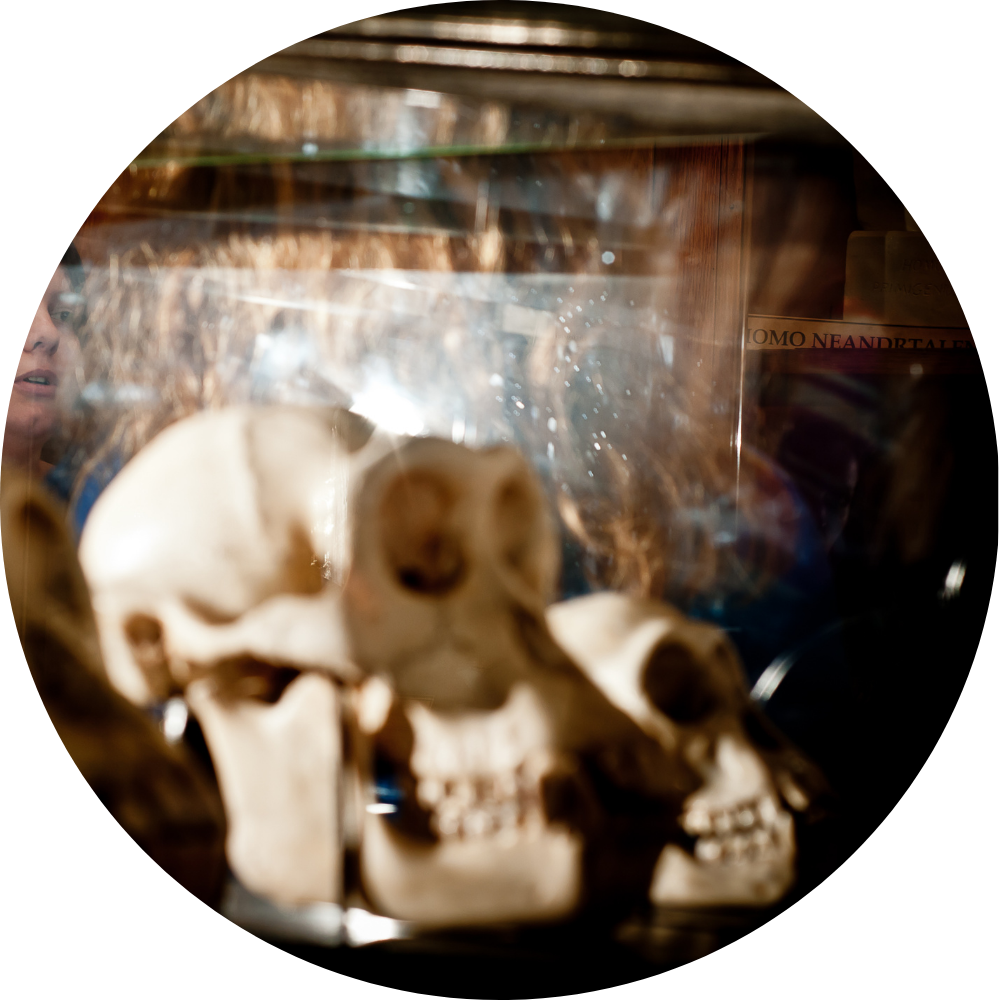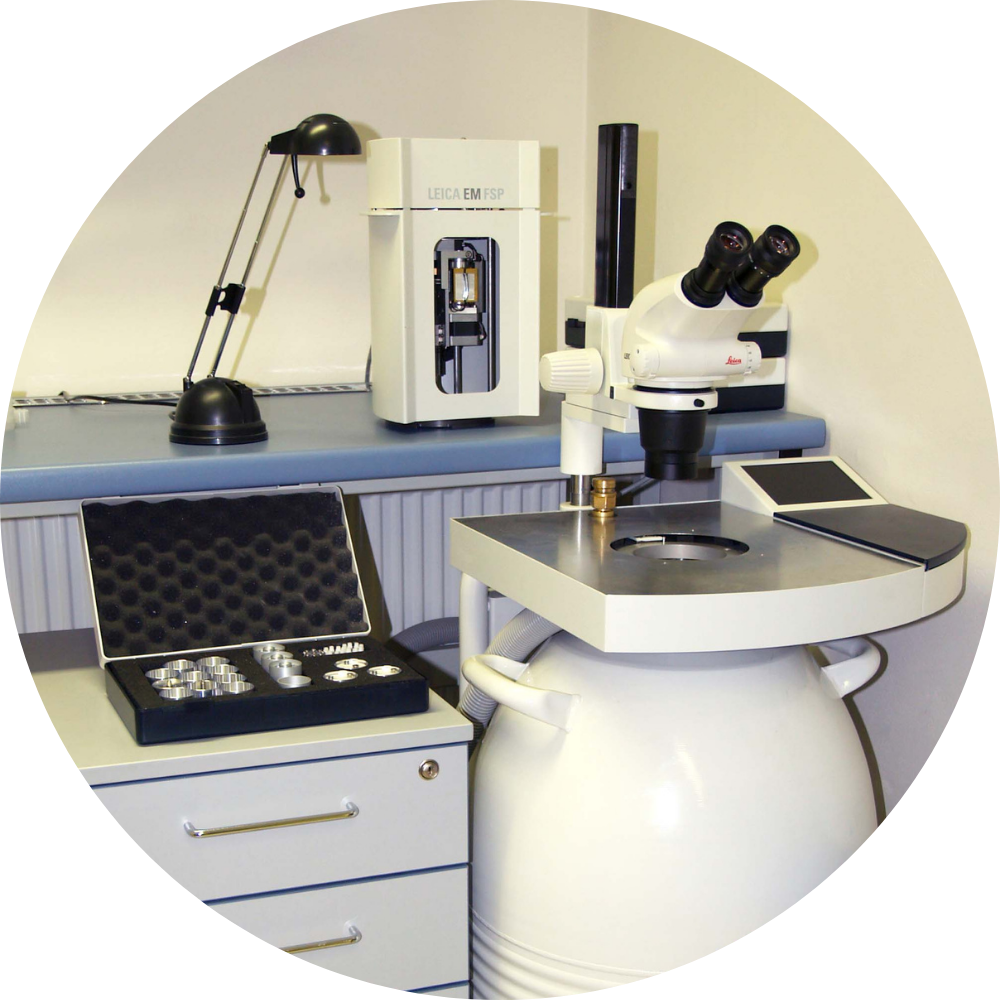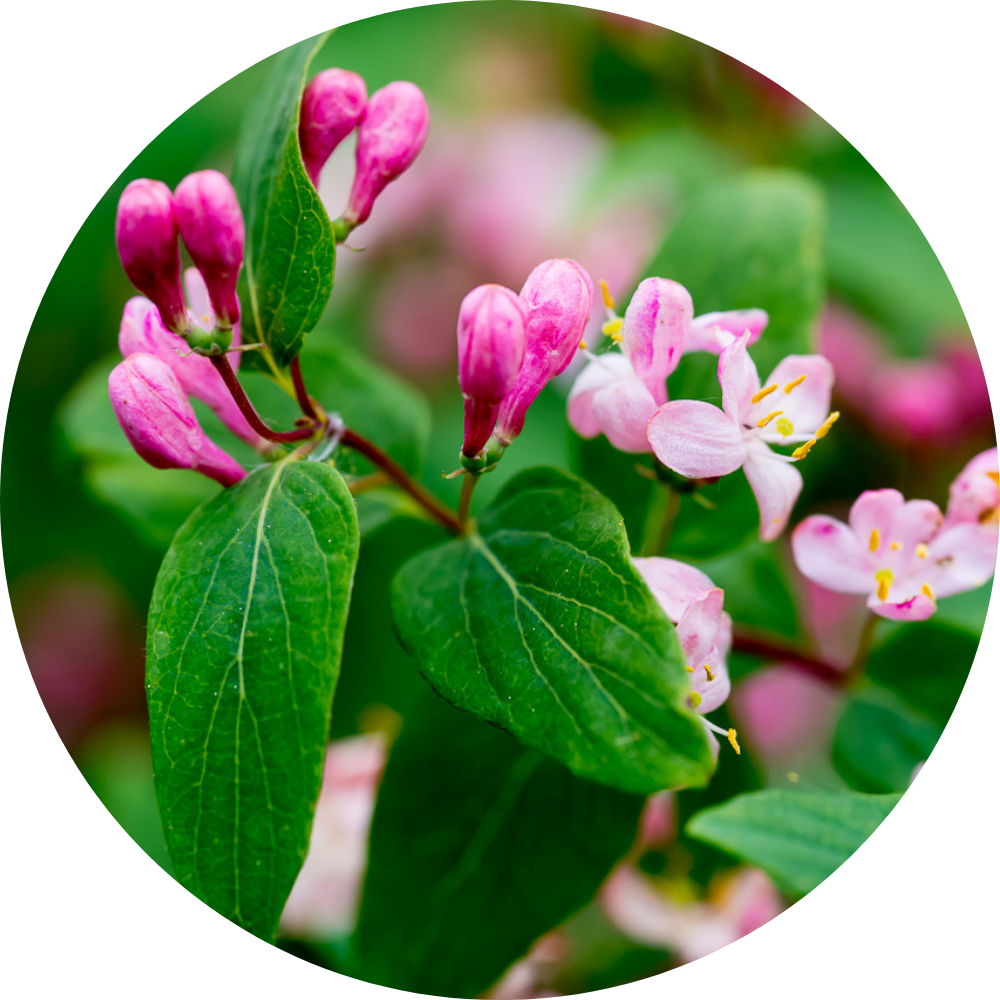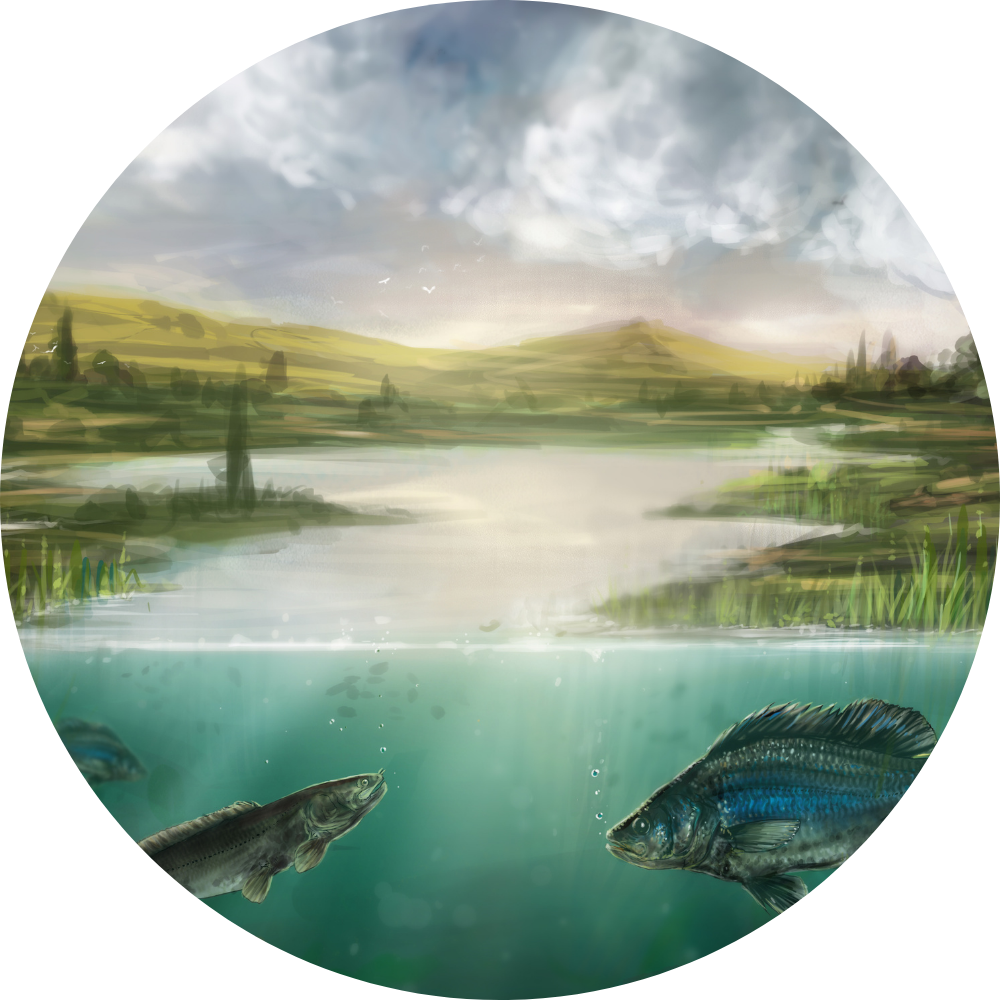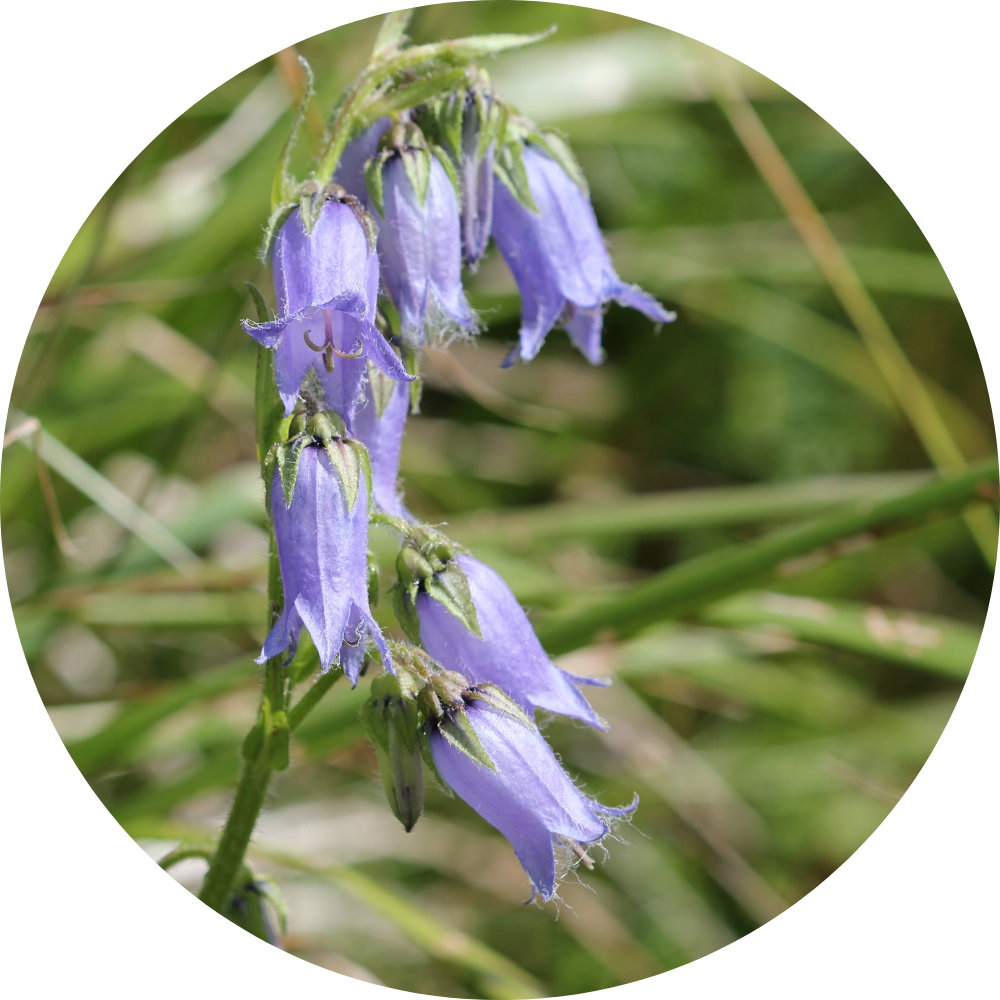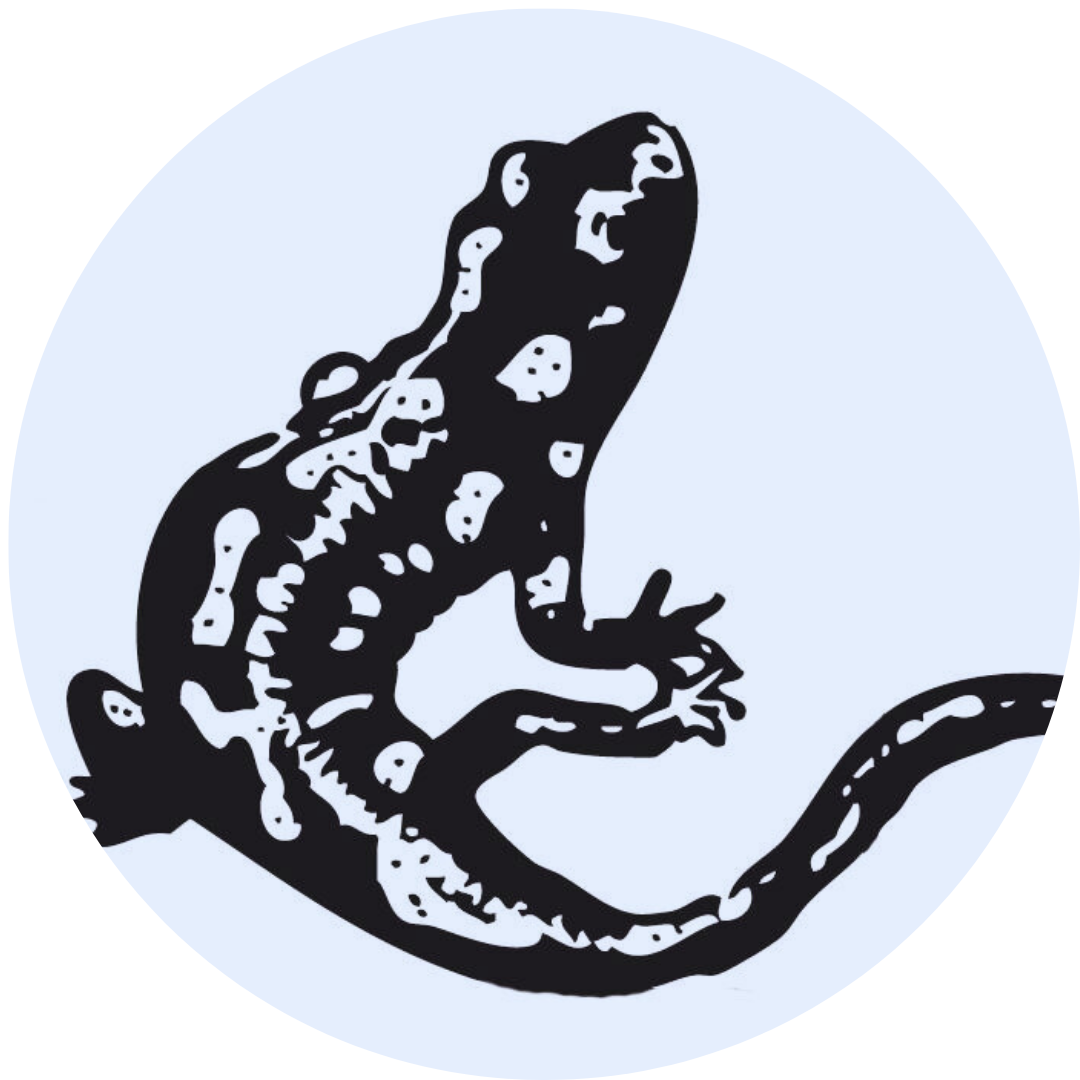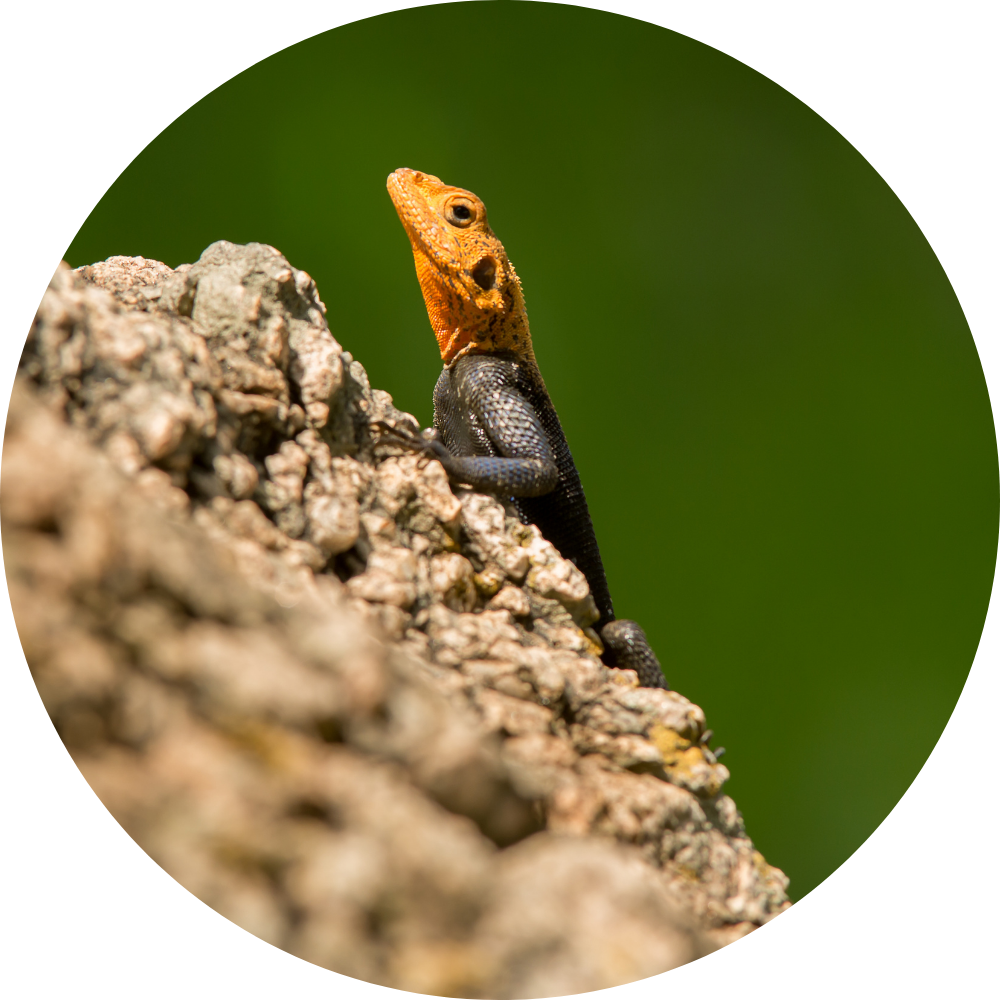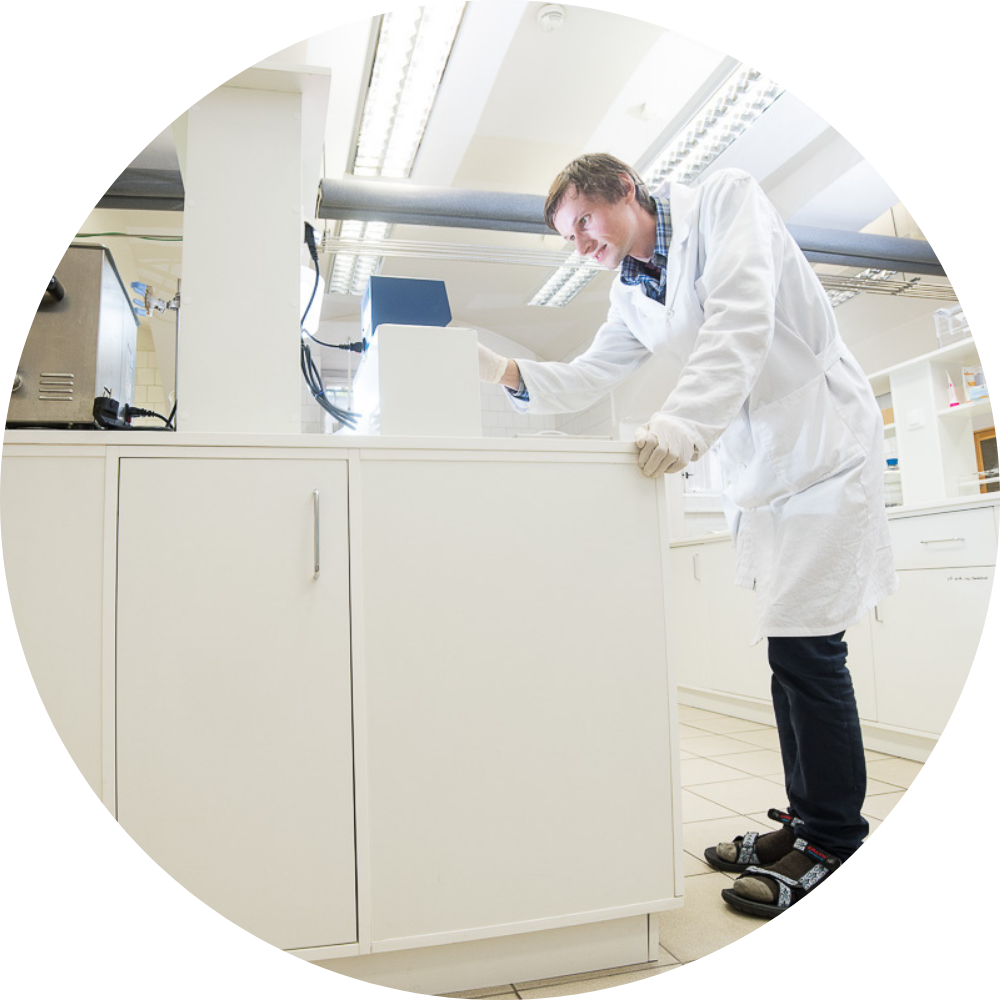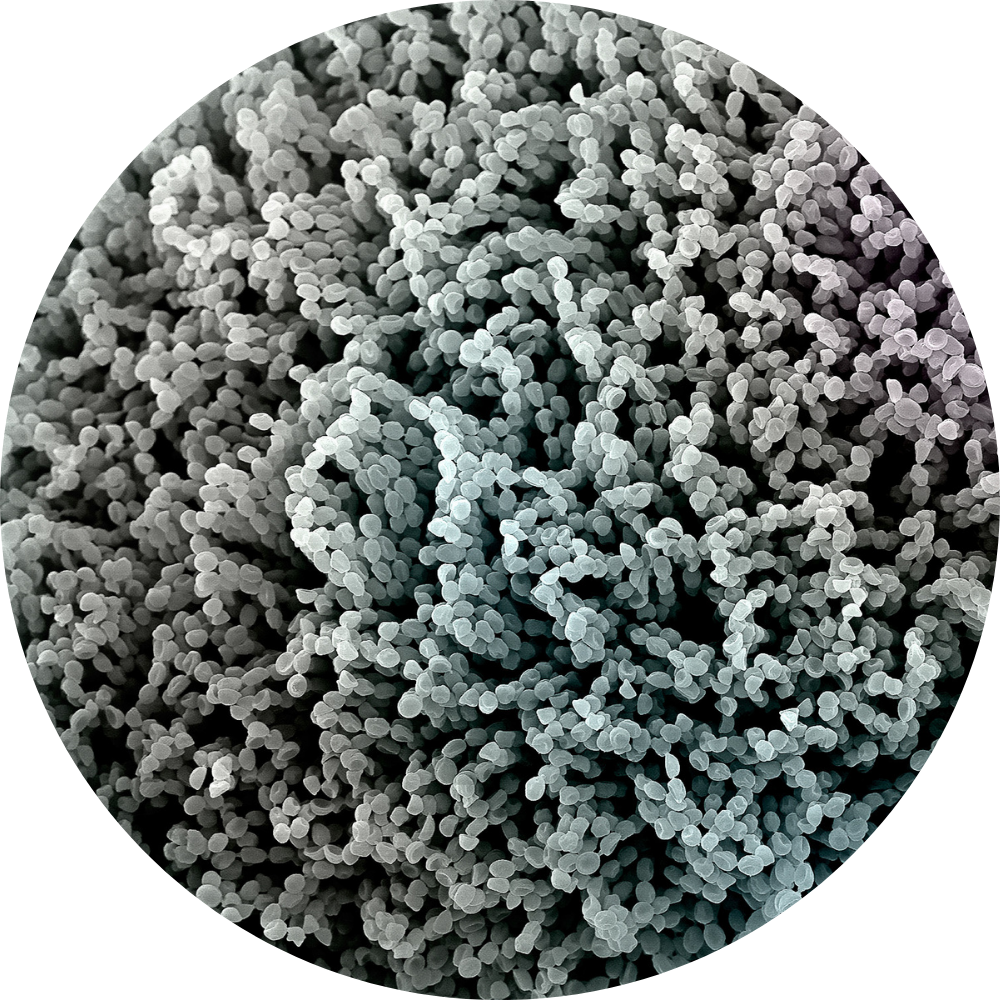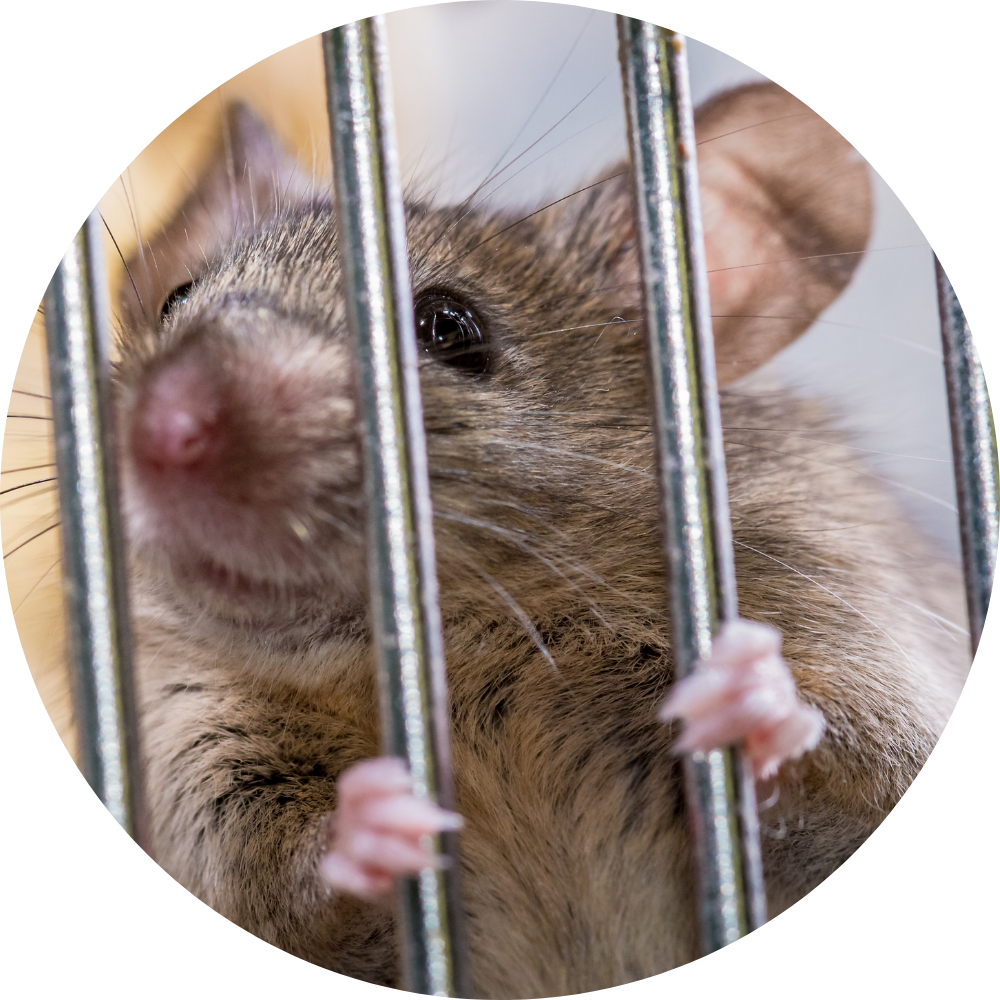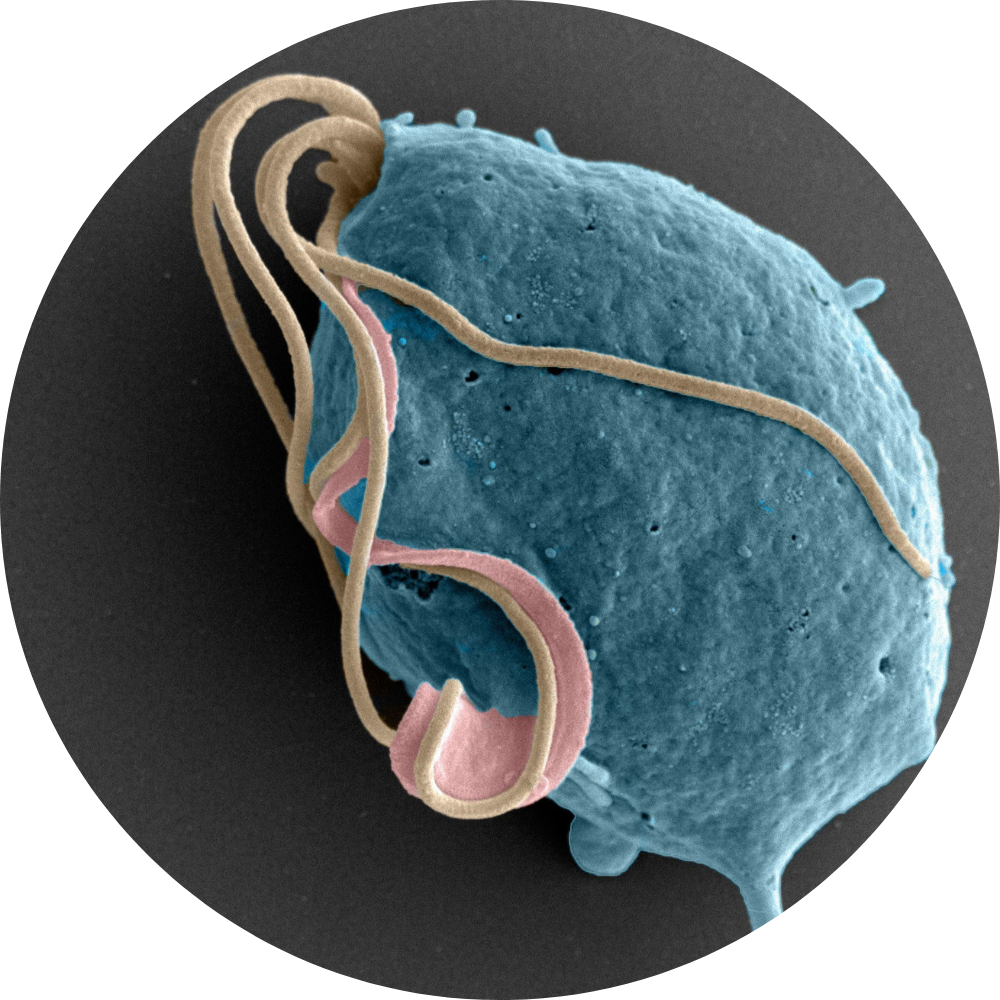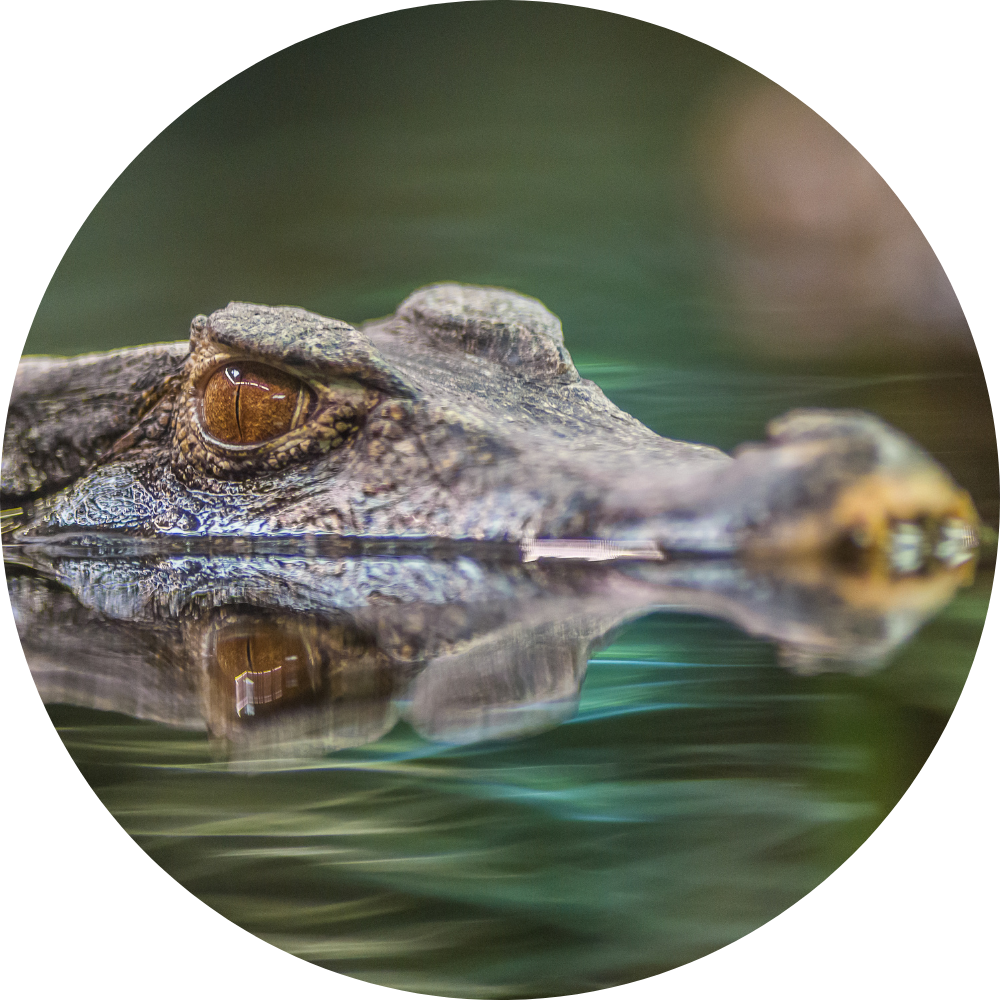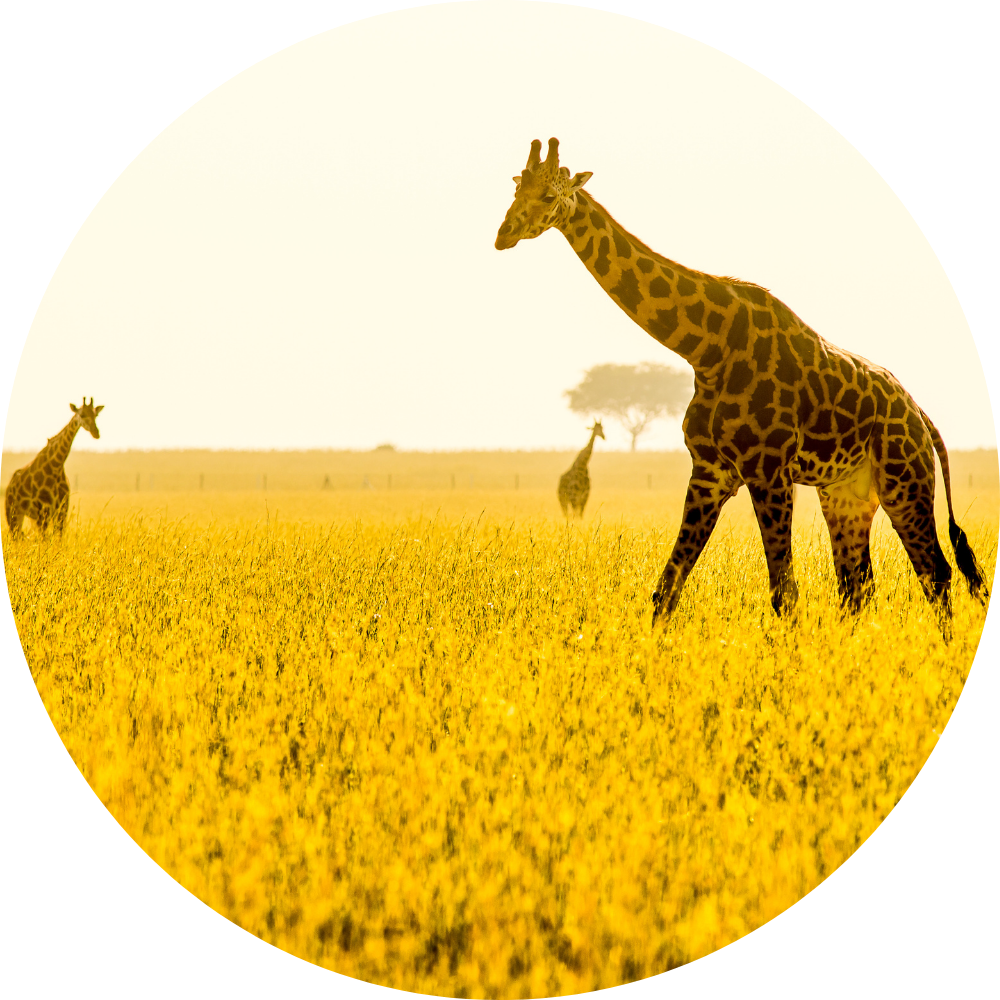Doctoral studies at the biology section
Anthropology and Human GeneticsThis program focuses on physical anthropology and biology, genetics, ecology, and human ethology. It studies the ontogenetic and phylogenetic development of humans, evolution, morphological variability of populations, ethnicity, growth, composition of the human body, biological properties, and the influence of environmental factors on humans. |
Bioinformatics and computational biologyBioinformatics and computational biology integrate computer science, mathematics, and biology, focusing on processing, analyzing, and modeling biological data and processes at the molecular and cellular level. |
BotanyThis program covers botany, phycology, lichenology and mycology without specialization. Students focus on (i) diversity, evolution and ecology of algae, (ii) taxonomy and ecology of fungi, (iii) symbiotic interactions of lichens, (iv) biosystematics and evolution of plants, (v) ecology of plants and conservation biology, and (vi) landscape vegetation history including Quaternary paleoecology. |
EcologyEcology studies relationships between organisms and to the abiotic environment. |
Experimental Plant BiologyThis program offers advanced theoretical and practical knowledge in experimental plant biology without specialization. |
Philosophy and History of SciencePhilosophy of Natural Sciences explores the intellectual foundations of the understanding of animate and inanimate nature and the foundations of of natural science research that forms the paradigm of a particular historical epoch natural science. |
Animal PhysiologyThis program deals with the study of biological functions of animal and human organisms. Thanks to the wide range of possibilities modern experimental methods of molecular biology, chemistry, physics and some special physiological techniques, cellular, organ and organismal aspects. |
ImmunologyImmunology is a dynamically evolving field integrating the knowledge of molecular and cell biology, physiology, reproductive immunology, histology and functional morphology (in the context of evolution and ontogeny) into a single entity, the link between which is the immune system. The immune system is a system of molecules, cells and tissues involved in the immune response. |
MikrobiologyThis program equips students with advanced theoretical and practical knowledge in microbiology. They learn contemporary microbiological, molecular genetic, bioinformatic, biochemical, analytical, and biophysical methods for studying microorganisms. |
Molecular and Cellular Biology, Genetics and VirologyThe program focuses on the study of biological processes at molecular and cell level, particularly the complex interactions of cells with their environment and among informational macromolecules (DNA, RNA, proteins), using state-of-the-art approaches and techniques of molecular biology and bioinformatics. It intersects with most biological areas and highly impacts modern medicine and the development of new biotechnologies with applications in food and pharmaceutic industry, agriculture, etc. |
ParasitologyBiology of parasitic protozoa, helminths and arthropods at the level of cellular and molecular organisms and their interactions with hosts. Mechanisms of pathogenicity, functional morphology and biochemistry of parasites, Mechanisms of action of antiparasitic drugs and emergence of resistance. Biology and ecology of infectious disease vectors and their interactions with pathogens. |
Theoretical and Evolutionary BiologyThis program aims to uncover and formulate general concepts and logical relationships characterizing life as opposed to non-living systems. Attention is also given to the history of biology as a scientific discipline. Philosophical exploration of certain topics related to living organisms is also within the scope of theoretical biology. Additionally, mathematical modeling of biological systems' behavior at various levels of organization falls within this broad definition. These areas generally defy easy classification within traditional disciplines taught in biological departments. |
Developmental and Cell BiologyThis program explores the life cycle of animals and plants. It encompasses gamete formation, embryonic development, maturation, growth, reproduction, regeneration, aging, and death. |
ZoologyTaxonomy, phylogenetics, distribution, morphology of animals with special focus on individual groups invertebrates and vertebrates. |
|






















